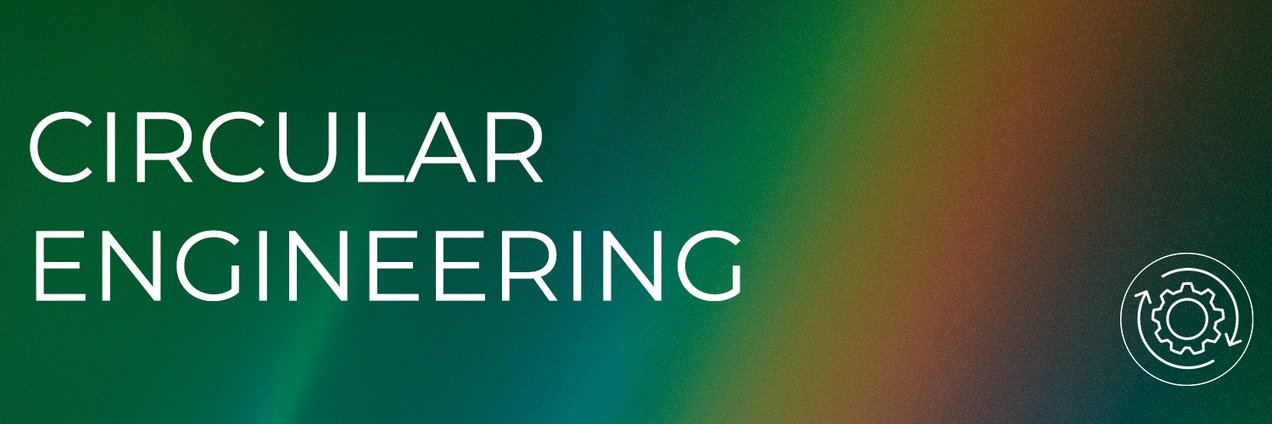Bachelor "Circular Engineering" at Montanuniversität Leoben Austria
In the bachelor's studies Circular Engineering you will understand …
- … how to solve technical questions with regards to the circularity of materials, especially on the production side.
- … how to engineer a circular future.
- … how to increase resource efficiency while reducing greenhouse gas emissions.
Circular Engineers have the knowledge and skills to play a crucial role in the transition of technological processes towards the Circular Economy.
Circular Engineering pursues the goal of further developing the circularity of products and systems across the entire value chain, increasing resource efficiency and reducing greenhouse gas emissions.
Studying in this bachelor’s programme you will understand the concept of circularity of material flows, especially on the production side:
- starting from primary raw materials,
- to the production systems,
- via the product itself,
- to the production of quality-assured secondary raw materials by means of technical-technological recycling processes.
In this bachelor’s programme you receive a broad and methodically high-quality education which combines a sound basic education in STEM and basic engineering with broad knowledge in circular engineering and sustainability.
Techno-economic fundamentals that take into account the economic aspect of sustainability are an integral part of your curriculum. This includes gaining basic competences in business administration, earn the skills to perform life cycle-oriented, ecological-economic product assessments and you will master problem-solving methods.
The bachelor's degree is completed in 6 + 1 semesters within the framework of 210 ECTS in English at Montanuniverisität Leoben.
Building on a very deep understanding of the physical, chemical, thermodynamic and engineering principles of the circularity of material flow systems, you will become aware of global developments and challenges whilst developing strong personal skills such as critical thinking, creativity and innovation as well as the acquisition of excellent English skills.
Semester 1 and 2: First common study year:
Module Introduction to STEM & Transferable Skills
Module Fundamentals of Chemistry
Module Fundamentals of Mathematics
Module Fundamentals of Physics
Module Fundamentals of Engineering Mechanics
Module Digital Competences & Statistics Fundamentals
Do-it Labs on Circular Economy and Circular Engineering
Electives (such as introductory classes in e.g. mining engineering, responsible engineering, geosciences, digitalisation, metallurgy, mechanical engineering, material sciences, industrial logistics, circular engineering)
Semesters 3 to 6 content from the following modules:
Module 1: Engineering Disciplines
Module 2: Sustainable Development
Module 3: Primary Raw Materials
Module 4: Secondary Raw Materials and Recycling
Module 5: Process Engineering
Module 6: Materials
Do-it Labs
Free electives
Bachelor thesis
Practice
The curriculum comprises a subject-relevant, compulsary practical training at a suitable, preferably non-university institution with a workload of 30 ECTS credits (corresponds to 80 working days) for practice-oriented application of acquired knowledge.
